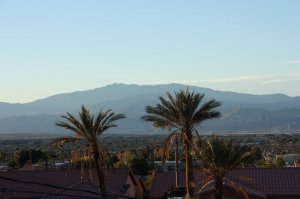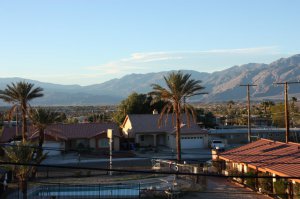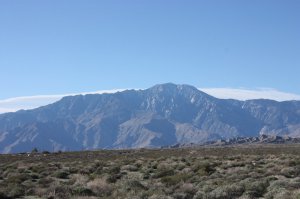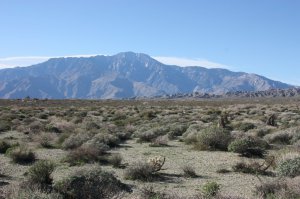北美15年
- 主题发起人 downtownseafood
- 发布时间 2015-10-31
Similar threads
- 0.04 超赞 赏
- 云升云起 ,#191
- 2024-09-04
- 聊天・灌水・娱乐・新闻・时事
2024-09-11有新赞
全楼:0.04
科幻世界
- 0.04 超赞 赏
- 云升云起 ,#191
- 2024-08-01
- 聊天・灌水・娱乐・新闻・时事
2024-08-07有新回复
全楼:0.05
wolfang
2024-09-29有新回复
全楼:0.00
sunny98
- 0.04 超赞 赏
- xingying622 ,#111
- 2024-04-14
- 卡尔加里
2024-11-19有新赞
全楼:0.05
echo_fjj
- 0.01 超赞 赏
- Saint.Saens ,#416
- 2024-09-02
- 聊天・灌水・娱乐・新闻・时事
2024-09-03有新赞
全楼:0.01
Saint.Saens
- 0.06 超赞 赏
- bfbs ,#210
- 2024-03-21
- 聊天・灌水・娱乐・新闻・时事
2024-03-21有新回复
全楼:0.09
bfbs
- 0.05 超赞 赏
- 云升云起 ,#191
- 2024-06-10
- 聊天・灌水・娱乐・新闻・时事
2024-12-08有新回复
全楼:0.06
coolaudi
- 0.00 超赞 赏
- bfbs ,#210
- 2024-06-02
- 聊天・灌水・娱乐・新闻・时事
2024-07-23有新赞
全楼:0.01
bfbs
























